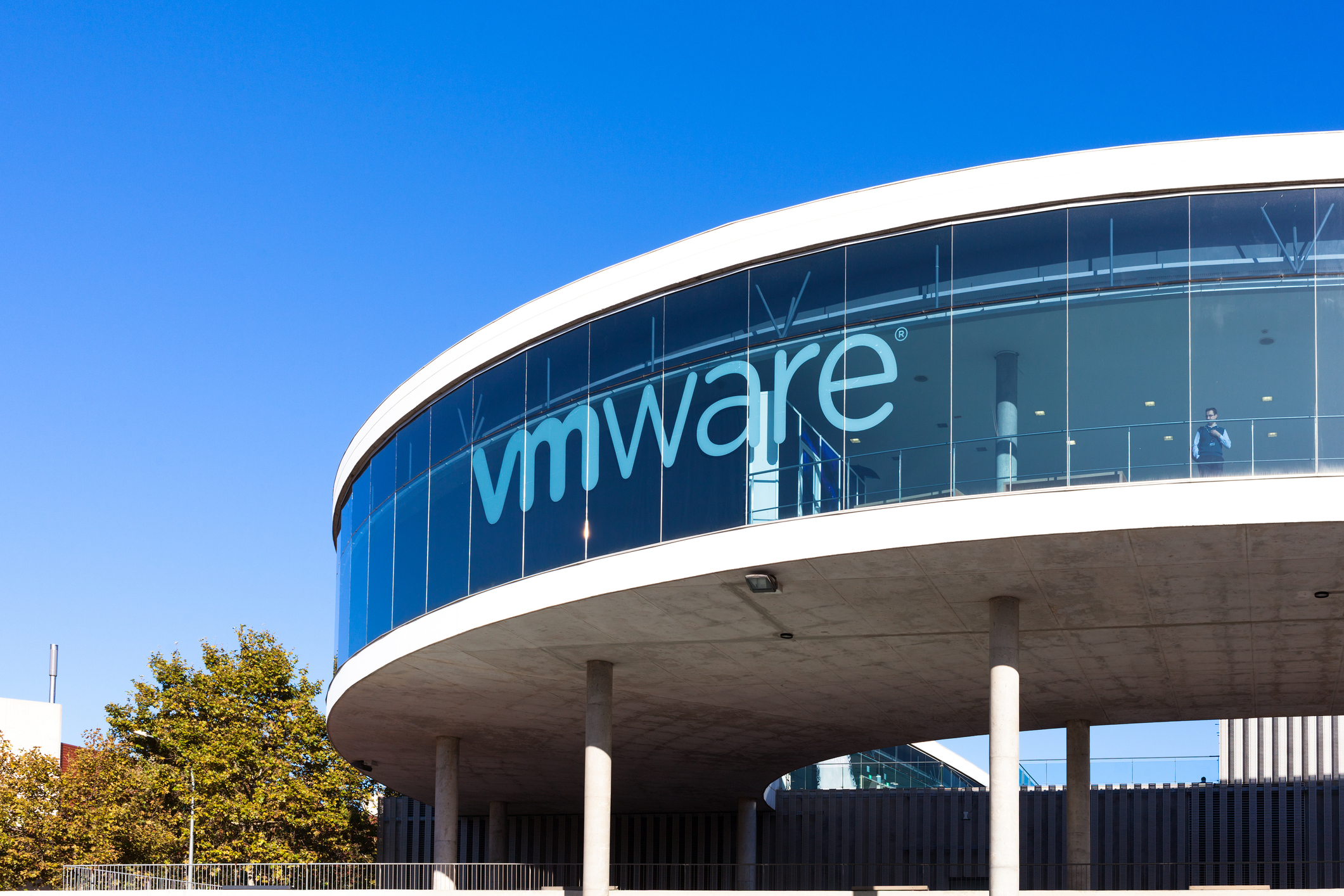Broadcom has released security updates to address a high-severity authentication bypass vulnerability in VMware Tools for Windows. The flaw, tracked as CVE-2025-22230, arises from an improper access control weakness and was reported by Sergey Bliznyuk of Positive Technologies, a Russian cybersecurity firm previously sanctioned for allegedly trafficking hacking tools.
Exploitation Risk and Impact
The vulnerability allows local attackers with low privileges to escalate their access and perform high-privilege operations within a Windows guest VM. Since the exploit requires no user interaction and has low attack complexity, it poses a serious risk for organizations relying on VMware-based virtualization. If exploited, an attacker with a foothold inside a virtualized environment could gain elevated privileges, potentially leading to data theft, system manipulation, or lateral movement within the network.
VMware’s security advisory warns:
“A malicious actor with non-administrative privileges on a Windows guest VM may gain the ability to perform certain high-privilege operations within that VM.”
Broader VMware Security Concerns
This latest vulnerability follows Broadcom’s recent patching of three VMware zero-day vulnerabilities (CVE-2025-22224, CVE-2025-22225, and CVE-2025-22226), highlighting an ongoing trend of targeted attacks against VMware environments. Given VMware’s widespread use in enterprise and government IT infrastructure, attackers are actively exploiting security gaps in virtualization tools to gain privileged access and establish persistence.
What SOC Teams Need to Know
Security Operations Center (SOC) teams should take immediate action to mitigate the risk posed by CVE-2025-22230 and other recently patched VMware vulnerabilities. Key steps include:
- Prioritize patching: Apply Broadcom’s security updates for VMware Tools on all affected Windows guest VMs as soon as possible.
- Monitor privileged access: Implement enhanced logging and monitoring for unusual privilege escalations and administrative operations within virtualized environments.
- Restrict local user privileges: Limit non-administrative access within guest VMs to reduce the attack surface for privilege escalation attempts.
- Harden VMware configurations: Disable unnecessary services and enforce strict access controls to minimize the risk of exploitation.
- Threat hunting: Look for indicators of compromise (IoCs) related to unauthorized privilege escalation or suspicious lateral movement within VMware-based environments.
With VMware environments increasingly targeted by attackers, SOC teams must proactively assess their virtualization security posture to prevent unauthorized access and privilege escalation risks.
How Can Netizen Help?
Netizen ensures that security gets built-in and not bolted-on. Providing advanced solutions to protect critical IT infrastructure such as the popular “CISO-as-a-Service” wherein companies can leverage the expertise of executive-level cybersecurity professionals without having to bear the cost of employing them full time.
We also offer compliance support, vulnerability assessments, penetration testing, and more security-related services for businesses of any size and type.
Additionally, Netizen offers an automated and affordable assessment tool that continuously scans systems, websites, applications, and networks to uncover issues. Vulnerability data is then securely analyzed and presented through an easy-to-interpret dashboard to yield actionable risk and compliance information for audiences ranging from IT professionals to executive managers.
Netizen is an ISO 27001:2013 (Information Security Management), ISO 9001:2015, and CMMI V 2.0 Level 3 certified company. We are a proud Service-Disabled Veteran-Owned Small Business that is recognized by the U.S. Department of Labor for hiring and retention of military veterans.
Questions or concerns? Feel free to reach out to us any time –
https://www.netizen.net/contact



